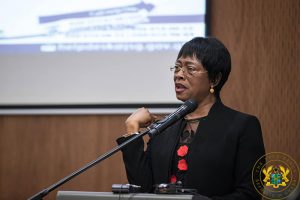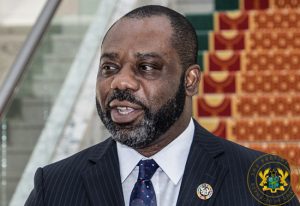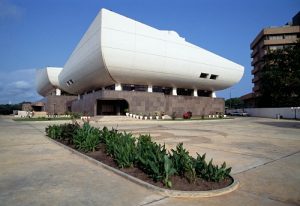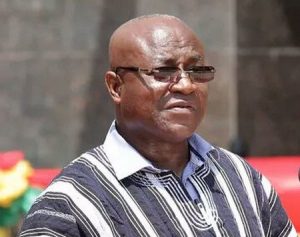A Deputy Minister of Energy, Andrew Egyapa Mercer, is advocating for a change in the current electricity structure, which he says discourages industries from consuming power.
Speaking to Citi News, he described the tariff structure as “punitive” to industries.
According to him, the billing system is a disincentive for large firms to make use of power from the national grid.
Mr. Mercer indicated that the time is ripe for industries to be encouraged to consume and pay for more power.
“Rather than having a band structure where the very moment you move into a higher band, your tariffs change and start from zero upwards should be looked at.”
“All the modelling that I have seen done clearly confirms that,” the deputy minister said.
The PURC has in the past noted that between June 2010 and October 2018, tariffs for non-residential customers exceeded those of Special Load Tariff (SLT) customers.
This was partly because of the increased cost of power supply to non-residential customers compared to SLT customers.
The PURC indicated that this trend was, however, reversed in July 2019 when the maximum demand charge on industrial customers was reviewed in tariff billing to enhance the competitiveness of Ghanaian industries.
Currently, the Electricity Company of Ghana has proposed that its tariffs be increased by 148% for 2022 and with 7.6% average adjustments between the periods of 2023 to 2026.
The proposed sharp increment, according to ECG, is due to the gap between the actual cost recovery tariff and PURC-approved tariffs as well as the cost of completed projects.







